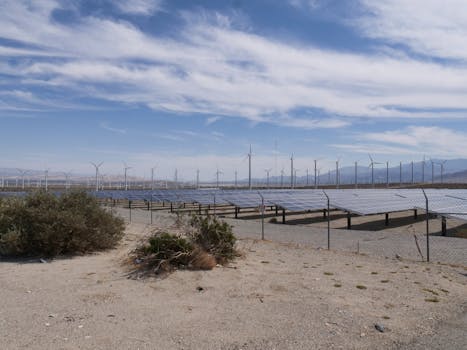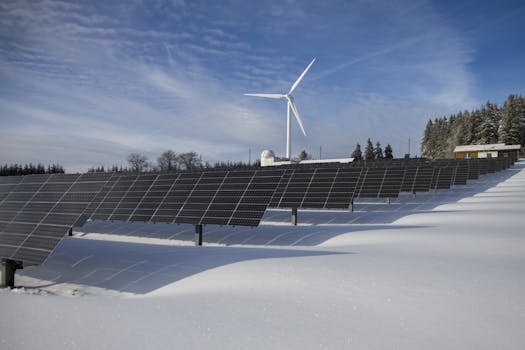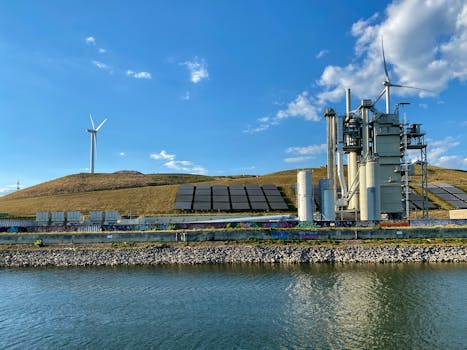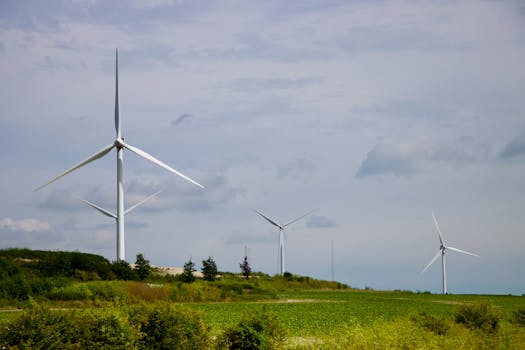
Introduction to Renewable Energy Breakthroughs

Breakthroughs in renewable energy technology are transforming our approach to sustainability. As the world grapples with climate change, innovative solutions are emerging to harness natural resources efficiently. This article explores the latest advancements in renewable energy technologies and their importance in promoting sustainability.
Solar Energy Innovations

Solar energy has seen significant advancements in recent years. New photovoltaic materials, such as perovskites, are enhancing solar panel efficiency, allowing for more energy capture on less surface area. Additionally, bifacial solar panels are gaining popularity, as they can absorb sunlight from both sides, increasing energy output.
Moreover, solar energy storage technologies are evolving. The development of more efficient batteries, like lithium-sulfur batteries, promises to enhance the reliability of solar energy by storing excess power for use during non-sunny periods.
Wind Energy Developments

Wind energy technology is also advancing rapidly. The construction of larger and more efficient wind turbines is leading to higher energy yields. Innovations such as floating wind farms allow turbines to be placed in deeper waters, accessing stronger and more consistent winds.
Furthermore, smart wind farms equipped with IoT technology can optimize energy production by analyzing wind patterns and adjusting operations accordingly, thus maximizing efficiency.
Hydrogen Fuel Advances

The focus on hydrogen as a clean energy source is gaining momentum. Breakthroughs in electrolysis technology are making it more feasible to produce green hydrogen from renewable sources. This hydrogen can be used as a clean fuel for transportation and industrial processes, reducing reliance on fossil fuels.
Companies are investing in hydrogen infrastructure, including storage and distribution networks, to support its adoption. This transition is crucial for achieving net-zero emissions in various sectors.
Energy Efficiency and Smart Grids

Improving energy efficiency is equally vital for sustainability. Smart grids are playing a crucial role in this effort by facilitating the integration of renewable energy sources into existing power systems. These grids use advanced technologies to monitor and manage energy flow, reducing waste and enhancing reliability.
Furthermore, energy-efficient appliances and building designs are being implemented to lower energy consumption, contributing to overall sustainability goals.
Conclusion

Breakthroughs in renewable energy technology are paving the way for a more sustainable future. By harnessing the power of solar, wind, hydrogen, and advanced energy management systems, we can reduce our carbon footprint and combat climate change. Continued investment and innovation in these areas are essential for a greener planet.



